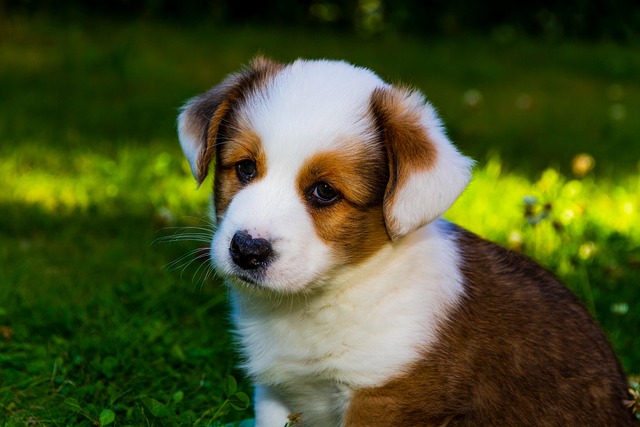
How to clean a dog's eyes
When we look into our dogs' eyes, their bright and lively eyes seem to be able to speak, conveying dependence and trust.
When we see our once lively and energetic dog at home, now becoming sluggish due to being overweight and even possibly facing various health problems, a wave of worry and distress instantly floods our hearts. In many cases, due to the dog's poor physical condition, unfavorable weather conditions, or limitations of the living environment, we are unable to help the dog lose weight through regular exercise. But don't worry. Even without exercise, there are still many ways we can help our dog lose weight healthily and regain its former vitality and lightness.
Diet adjustment is undoubtedly the key to helping a dog lose weight without exercise. First of all, we need to re-examine the dog's daily diet. The problem with most overweight dogs often lies in the amount and type of food they consume. We need to accurately calculate the daily calorie requirement of the dog. This is not an easy task, as it requires considering many factors such as the dog's breed, age, weight, and physical condition. Generally speaking, a veterinarian can tailor an appropriate daily calorie intake standard for our dog based on professional formulas and rich experience. For example, an adult small dog that is overweight but in good physical condition may need 10% - 20% fewer calories per day than when it was of a normal size.
After determining the calorie standard, choosing the right food becomes extremely important. We should try to avoid feeding the dog high-calorie, high-fat, and low-nutrient foods, such as some inexpensive commercial dog foods that may contain a lot of fillers and unhealthy oils. Instead, we should choose high-quality dog foods that are high in protein, low in fat, and rich in dietary fiber. High protein helps maintain the dog's muscle mass. Even with reduced exercise, it can keep the dog's body somewhat active. Dietary fiber, on the other hand, can increase the dog's sense of fullness, so it won't always feel hungry, thereby reducing excessive food intake. There are prescription foods on the market specifically designed for overweight dogs. These foods are carefully formulated in terms of nutritional components and can help control weight while meeting the dog's basic nutritional needs.
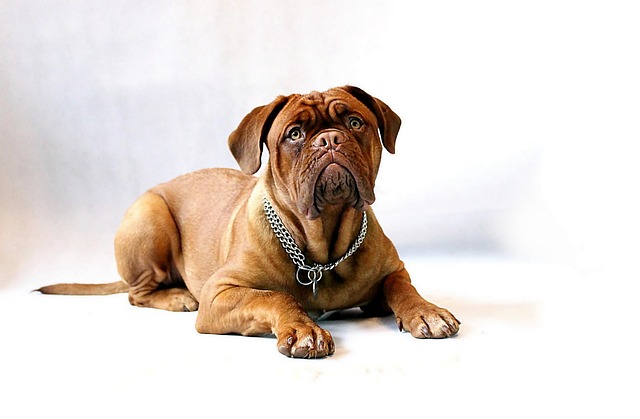 In addition to choosing high-quality dog food, controlling the amount of each meal is also of utmost importance. Many owners, out of love for their dogs, can't help but give them more food, without realizing that this is one of the main causes of the dog's weight gain. We can use special pet feeding measuring tools and strictly feed the dog according to the amount recommended by the doctor. Moreover, divide the daily food into multiple feedings instead of giving a large amount at one time. This not only allows the dog's stomach and intestines to better digest and absorb the food but also prevents obesity caused by overeating at one time. Every time we feed the dog, looking at its eager eyes for food, the owner may feel reluctant, but for the dog's health, we must be firm and stick to the correct feeding amount.
In addition to choosing high-quality dog food, controlling the amount of each meal is also of utmost importance. Many owners, out of love for their dogs, can't help but give them more food, without realizing that this is one of the main causes of the dog's weight gain. We can use special pet feeding measuring tools and strictly feed the dog according to the amount recommended by the doctor. Moreover, divide the daily food into multiple feedings instead of giving a large amount at one time. This not only allows the dog's stomach and intestines to better digest and absorb the food but also prevents obesity caused by overeating at one time. Every time we feed the dog, looking at its eager eyes for food, the owner may feel reluctant, but for the dog's health, we must be firm and stick to the correct feeding amount.
In addition to dog food, we also need to strictly control the dog's snack intake. Although dog snacks are delicious, they are often extremely high in calories. Many owners like to give their dogs snacks as rewards when they behave well, but they don't realize that these seemingly small snacks, accumulated over time, may bring a huge burden to the dog's weight. If we must give the dog snacks, we can choose some low-calorie, all-natural foods, such as carrots, apple slices, etc. These foods are not only low in calories but also rich in vitamins and dietary fiber, which are beneficial to the dog's health. Also, use snacks as an occasional reward rather than a daily "necessity." In this way, the dog will cherish them more, and it can also reduce weight gain caused by excessive snack intake.
In addition to dietary adjustments, changing the dog's living habits can also help it lose weight to a certain extent. For example, let the dog maintain a regular schedule. Sufficient sleep is crucial for the dog's metabolism. A dog that doesn't get enough sleep may have its metabolic function affected, leading to fat accumulation. We can create a quiet and comfortable sleeping environment for the dog so that it can get enough rest every day. Moreover, a fixed feeding time can also help the dog's stomach and intestines form a regular digestion rhythm, better absorb nutrients, and expel waste.
In addition, we can also try to increase the dog's activity level in daily life, even if it's not exercise in the traditional sense. For example, set up some simple obstacles at home to make the dog move more as it shuttles through them. Or scatter the dog's toys in different places around the house, so that it needs to spend some energy to find them, thereby increasing daily walking. These seemingly insignificant changes, accumulated over time, can also help the dog consume a certain amount of calories and play a positive role in weight loss.
During the process of helping the dog lose weight, we need to pay close attention to its physical condition and emotional changes at all times. Losing weight may be a difficult process for the dog, and it may feel hungry and irritable due to the reduction in food intake. At this time, we need to give the dog more company and comfort. Talk to it in a gentle tone and stroke it gently to let it feel that our love hasn't diminished. Take the dog to see a veterinarian regularly to monitor its weight changes and physical indicators. The veterinarian can adjust the weight loss plan in a timely manner according to the dog's actual situation to ensure that the dog can lose weight smoothly on the premise of good health.
Seeing the dog gradually losing its former vitality due to weight problems, our hearts are filled with worry. But as long as we put our hearts into adjusting its diet and changing its living habits, even without exercise, we can help the dog slowly lose the excess weight and regain its health and happiness. Every time we carefully prepare food for the dog and accompany it through the difficult moments of weight loss, it reflects our deep love for the dog. Let's work together to safeguard the dog's health so that it can continue to accompany us through countless wonderful times in the future.

When we look into our dogs' eyes, their bright and lively eyes seem to be able to speak, conveying dependence and trust.
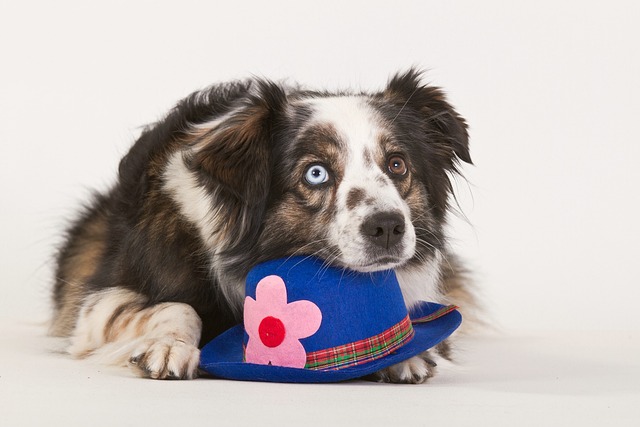
When you come home after a busy day, you open the door and see your dog lying quietly on the floor, wagging its tail and looking at you. The warmth and healing of that moment are the most cherished moments for countless dog owners.
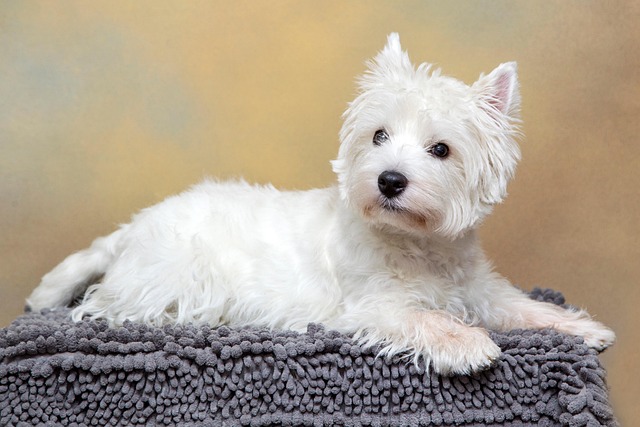
When a dog that is usually lively and active suddenly loses its appetite, becomes listless, or even vomits frequently, every pet owner will be worried that it is intestinal obstruction, a "health killer".
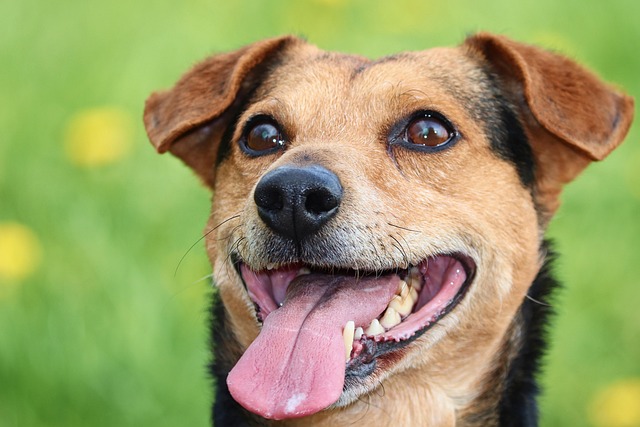
When we caress the furry ears of dogs and enjoy the warm moments of cuddling up with each other, our hearts are filled with happiness.
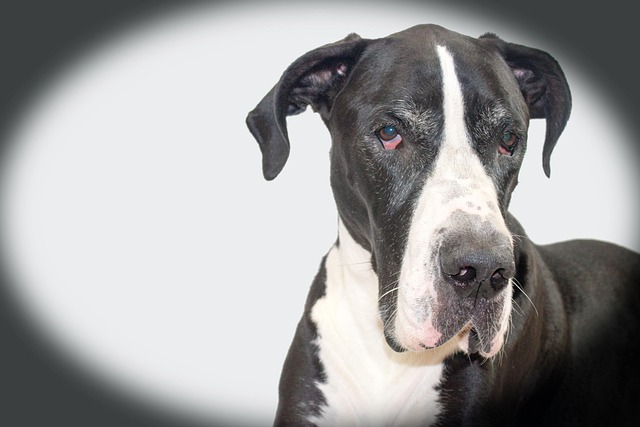
When we see the dog frequently shaking its head, scratching its ears, and even having red and swollen ears with an unpleasant smell,
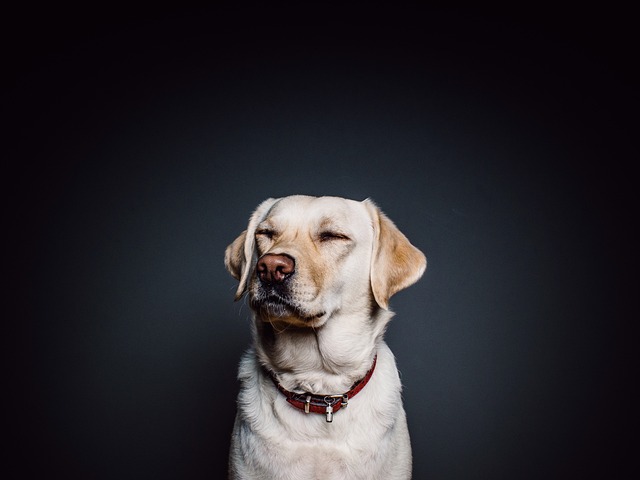
When we pick up the scissors and prepare to trim the hair of our furry babies at home, we are full of expectations and a little nervous. Looking at the trusting eyes of the dogs, we all hope to create a comfortable and beautiful look for them.